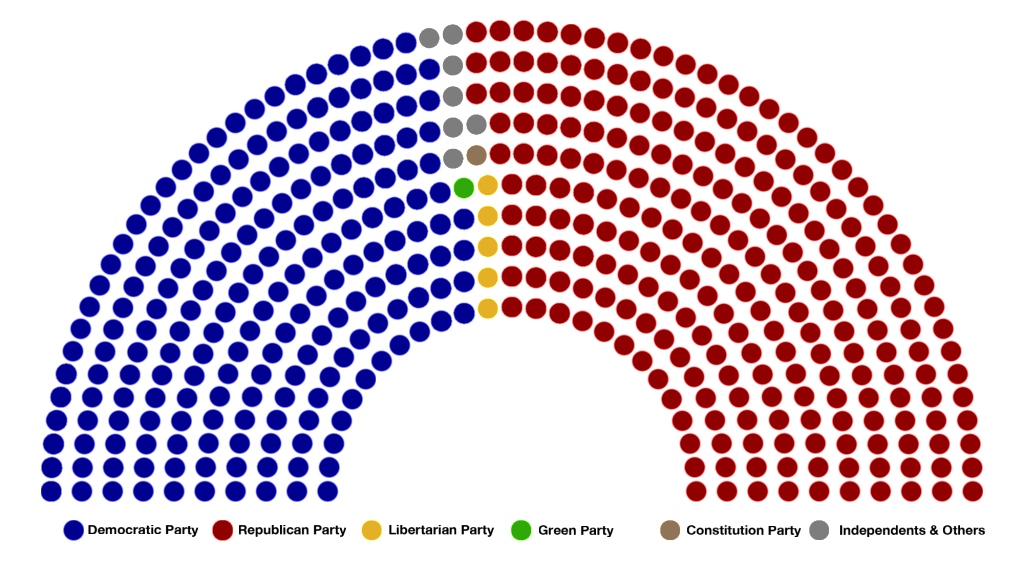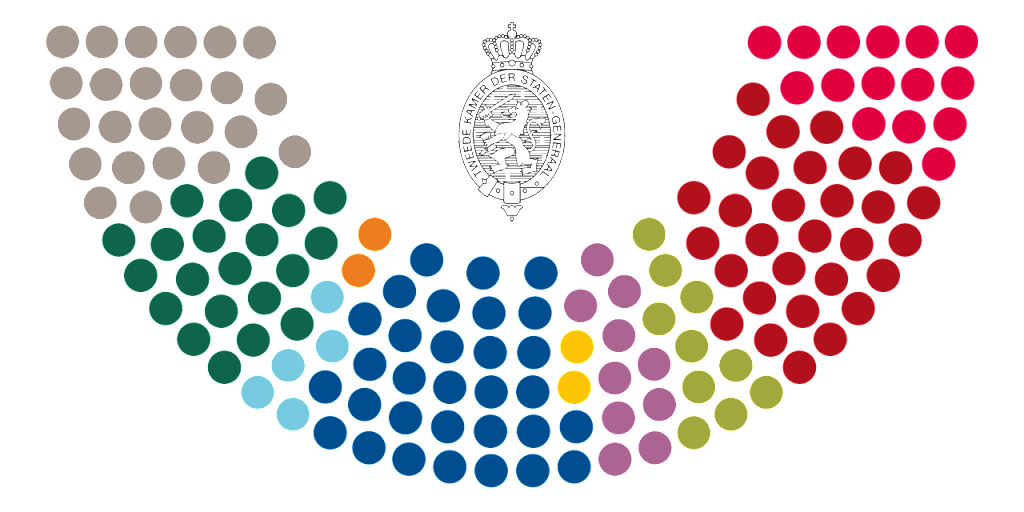| Forums | Chat | News | Contact Us | Register |
PSU Social
|
 |
PSU: CEP whoring since 2003
| Forums | Chat | News | Contact Us | Register |
PSU Social
|
 |
|
|
[Ignore Me] #31 | ||
|
Colonel
|
No. The states are very different in their individual laws, far more so than anywhere I know of that has provinces, such as Thailand, Canada, or France.
__________________
Bagger 288 |
||
|
|
|
|
|
[Ignore Me] #33 | |||
|
Lieutenant General
|
 That's more like the US district system. That's more like the US district system.
|
|||
|
|
|
|
|
[Ignore Me] #35 | |||
What is the theme song to lexx. 8p Wonder if that was related to the yeoman farmer... 8p That is a kinky new feature. ^ Last edited by Ait'al; 2012-03-30 at 09:25 PM. |
||||
|
|
|
|
|
[Ignore Me] #36 | ||
|
Colonel
|
Yeah, I read it WAY too fast, sorry.
__________________
Bagger 288 |
||
|
|
|
|
|
[Ignore Me] #37 | ||
|
Lieutenant General
|
Provinces can still have slightly different rules, such as building or environmental regulations (not safety related, but for instance how much tax you pay and for what, based on population density).
That all depends just which legislative rights you assign to a local government body. In fact, taxation here differs on a county basis. Similarly parking costs differ from district to district, that sort of thing. Voting and polls however, are determined by the entirety of the populace. Every vote is counted and here every seat in parliament represents 17 million people/150 seats. Meaning it is quite distinct. On a state basis, you'd have a more refined parliament than on a national basis (if parties exist in one state but not in the other for instance then they wouldn't be represented in the entire country, as they should not if they only represent say 0.05% of the national populace). For the US in particular, you have approximately 300 million residents, 75% of which is allowed to vote. So you would have approximately 225 million residents to represent. Of course the percentage of people that actually votes is below 100%, but let's assume the "worst representative case scenario". Your senate has 100 senators, so it would take 3 million votes for a single seat. Currently, that's not the case, you need less. As you just need the majority of votes in a state between parties, that would mean when there are more parties, you need less votes to get a seat. Which means that if you are a small party, you would simply not be represented at all, say that you have a state with TR, VS and NC and only one senator seat is assigned. Then say the voting distribution is 34-33-33, then the senate seat and 100% score would go to one of these parties. That's not a good representation. If you poll nationwide and let's say this division remains the same over all and the senators are distributed by totals, then you would get 34-33-33. The same goes for the House of Representatives. With the difference that you have 435 representatives. Which means the vote is more refined. 1 seat would require a nationwide support of approximately 561K votes. That is a lot easier to achieve than the majority and it would mean more refined opinions can be represented. Including an opinion closer to your own. It would however, if being the majority opinion within a 50-50 party, have less power. Which means you, as a nation, would be less prone to particular lobby groups, because they would have to influence more people within more parties to get the same power. Currently they just need to get to the top of one of two parties, which increases the chance of corruption and hidden agendas 'winning'. It would also mean that no party gets a majority in congress and can do whatever they please without consulting with other parties, or block whatever action is taken because they can abuse their power if they get the majority in the other representation. (Like in some cases political parties do just to paralyze a government to make them look bad and powerless for their own chances in the next elections, rather than because it's for the good of a country). They would keep eachother in check much better, even on decisions where a majority can be formed in both representative bodies, because they first have to consult with eachother before a majority is formed. This could mean that VS and NC, NC and TR or TR and VS create a majority on stances. Which would mean you get a much better representation of the majority vote of populaces on specific topics. Last edited by Figment; 2012-03-31 at 05:06 AM. |
||
|
|
|
|
|
[Ignore Me] #40 | ||
If the US were a true democracy, the majority would always get their way, all laws passed would be voted on by the public, and there would be no need for representative government.
In a republic, the voting is for representation, not decision making. The vast majority of the time. |
|||
|
|
|
|
|
[Ignore Me] #41 | |||
|
Lieutenant General
|
It's a see-saw politics system, which - as has been demonstrated quite aptly over the past few years - is a rather self-destructive type of government. Infighting, polarisation and creating discourse, raising campaign funds and either bribing or deluding the electorate is more important than actualy working together on solutions. Particularly for the long term, because what happens in four years is more important than what happens in the next 20 years. Last edited by Figment; 2012-06-21 at 03:05 PM. |
|||
|
|
|
|
|
[Ignore Me] #42 | ||
|
Lieutenant General
|
Btw, here are the would be effects on the 2010 elections in the UK of a couple different forms of voting systems.
http://news.bbc.co.uk/2/hi/8644480.stm http://www.guardian.co.uk/news/datab...-election-2010 Personally I'd keep it to simple proportional vote. It's the fairest. And yes, very small parties get in, that's the whole point of a democracy: being represented and having a choice and in the end being able to influence the outcome by people having to work with your, or other people's groups to get a majority, instead of them doing as they please and blaming everything on the other group that was in charge before. EDIT: And here's the effect for the US: Before (SMP):  After (PR):  Small difference, but enough to make people realise even smaller votes make a difference. Meaning the smaller parties would over time gain more votes on both left and right sides. Eventually, you'd get something like this: 
Last edited by Figment; 2012-06-21 at 03:03 PM. |
||
|
|
|
|
|
[Ignore Me] #43 | |||
|
||||
|
|
|
|
|
[Ignore Me] #44 | ||
|
Private
|
They are nation wide... The votes stay in the state, but the money that funds campaigns and campaign ads comes from across the entire nation. To influence decisions in an unbalanced way. Many large corporations do this to lower taxes, lower environmental protection and resolving unions through the use of politicians. Both parties have their agendas and neither is in the right when it comes to not taking care of their constituents. I know this isn't a complete thought and possibly poorly written but I'm not a Literary major, I tried to explain best I could my opinion.
|
||
|
|
|
|
|
[Ignore Me] #45 | |||
|
First Sergeant
|
I'm sick of people telling me that if I don't vote, I'm basically letting the dems or repubs win, which in itself is a false statement. I don't vote because the vote I want to give doesn't matter. I want to vote independent every year, but because of the propaganda machine that is U.S. News, Independents never make it to the top. So, these days, I just keep my opinion to myself unless someone is actually interested in debating instead of arguing. |
|||
|
|
|
|
|
| Bookmarks |







|
|